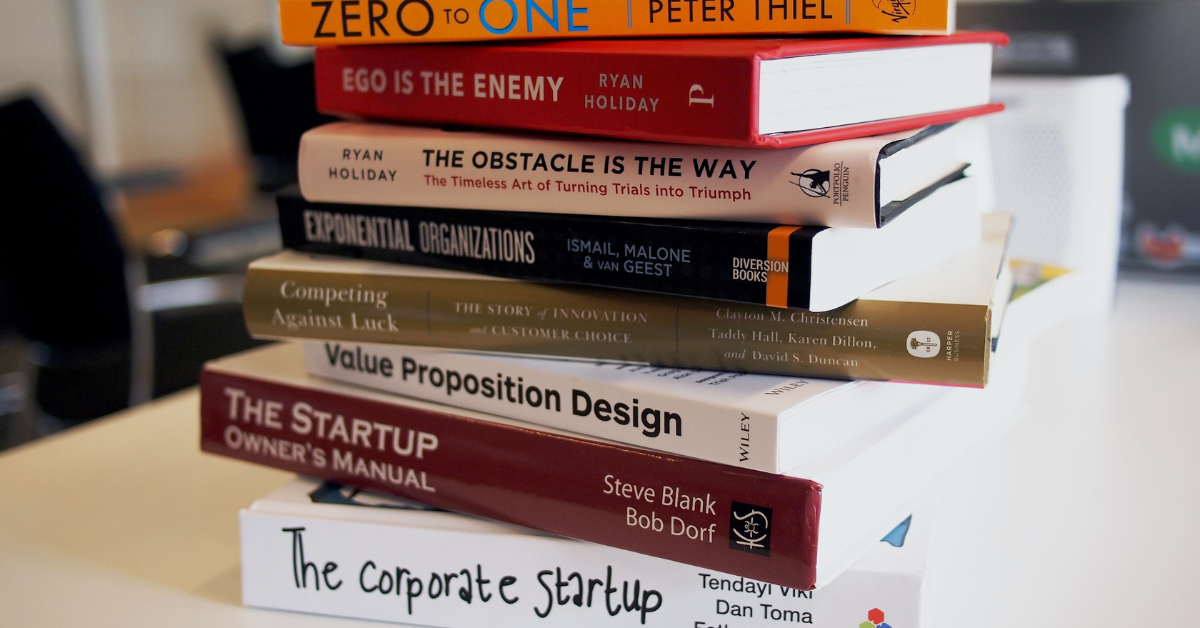The modern workplace is dynamic and ever-changing, presenting various challenges and setbacks that can hinder our progress and impact our well-being. By developing resilience, you can approach challenges with confidence, maintain a positive mindset, and unlock your full potential.
By cultivating resilience, we can not only navigate challenges effectively but also transform setbacks into opportunities for personal and professional growth. Let’s explore the importance of building resilience in the workplace. We’ll also provide you with practical strategies to enhance your ability to bounce back, adapt, and thrive amidst adversity.

Embracing a Growth Mindset
A growth mindset is the foundation of resilience. Cultivate the belief that challenges and setbacks are opportunities for learning and growth. Embrace the notion that you can develop new skills, overcome obstacles, and improve your performance. By adopting a growth mindset, you’ll be more open to feedback, willing to take on challenges, and persistent in the face of setbacks.
Developing Effective Stress Management Techniques
Stress is inevitable in the workplace, but how we manage it can greatly impact our resilience. Explore various stress management techniques, such as mindfulness, deep breathing exercises, and regular physical activity. Prioritize self-care, set boundaries, and practice effective time management to prevent burnout and maintain your well-being.

Fostering Supportive Relationships
Building a strong support network is crucial for resilience. Cultivate relationships with colleagues, mentors, and like-minded individuals who can offer guidance, advice, and encouragement. Share your experiences, seek support during challenging times, and offer support to others in return. By fostering supportive relationships, you create a sense of belonging and collective strength that enhances your resilience.
Developing Problem-Solving Skills
Resilient individuals are adept problem solvers. Develop your problem-solving skills by breaking challenges into manageable parts, brainstorming potential solutions, and evaluating the pros and cons of each option. Embrace creativity, seek alternative perspectives, and be willing to adapt your approach. By becoming a skilled problem solver, you’ll approach obstacles with confidence and find innovative solutions.

Practicing Self-Reflection and Learning from Setbacks
When setbacks occur, take the time to reflect on the experience and extract valuable lessons. Analyze what went wrong, what you can learn from it, and how you can improve moving forward. Avoid dwelling on mistakes or assigning blame but instead focus on your personal growth and development. Use setbacks as opportunities to fine-tune your skills, build resilience, and refine your approach.
Cultivating Flexibility and Adaptability
The ability to adapt to change is essential for resilience. Embrace flexibility by being open to new ideas, perspectives, and approaches. Be willing to step outside your comfort zone and embrace uncertainty. Develop your problem-solving skills and remain adaptable in the face of unforeseen circumstances or shifting priorities. By cultivating flexibility, you can navigate changes with ease and maintain your effectiveness.

Celebrating Small Victories
Resilience is built on acknowledging and celebrating progress, no matter how small. Celebrate your accomplishments, both big and small, as they remind you of your capabilities and progress. Recognize your efforts, milestones, and achievements to foster a positive mindset and fuel your motivation to overcome future challenges.
By adopting these strategies and habits, you can enhance your resilience and thrive in the face of adversity. Embrace resilience as a cornerstone of your professional journey, and unlock your ability to overcome challenges, achieve success, and lead a fulfilling and impactful career.
Related Article: Inspired | The Power of Sharing Your Transformational Journey




